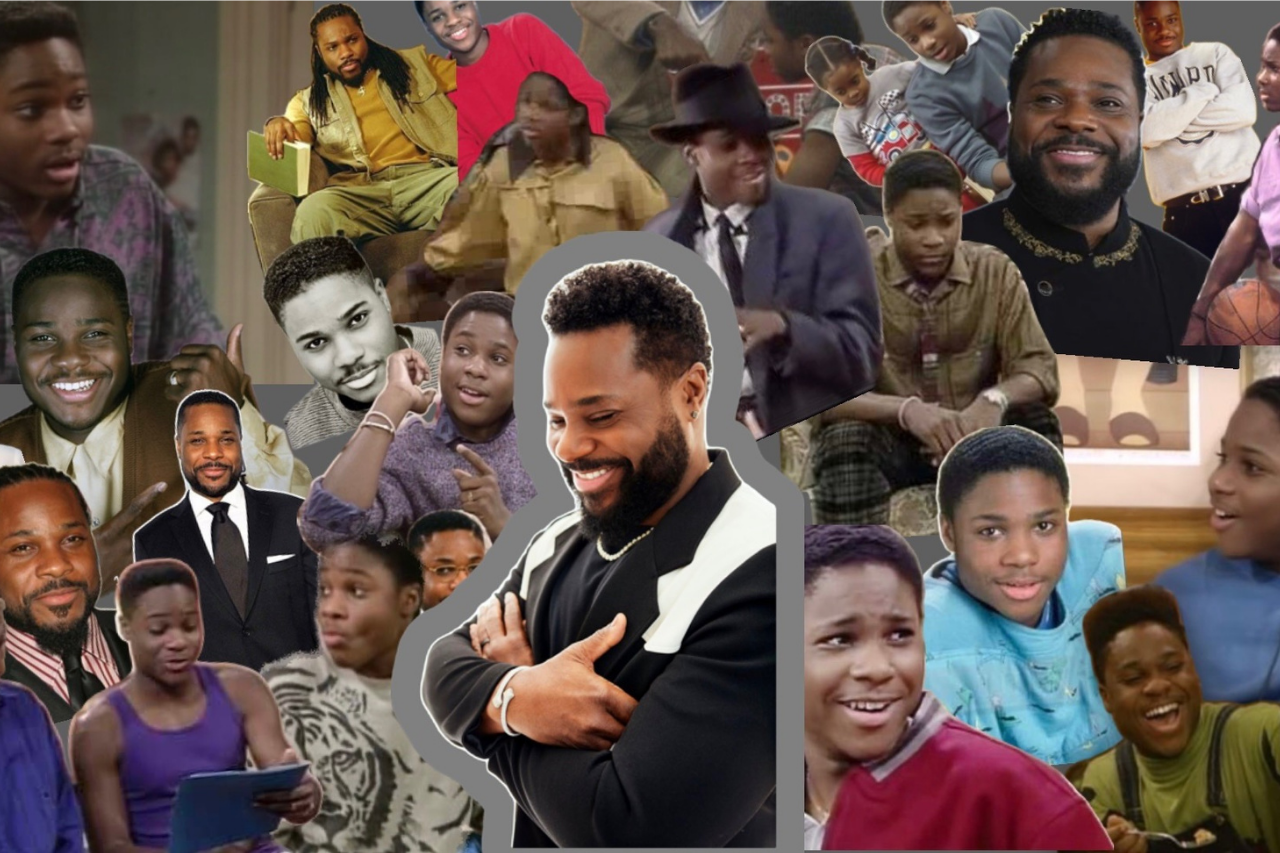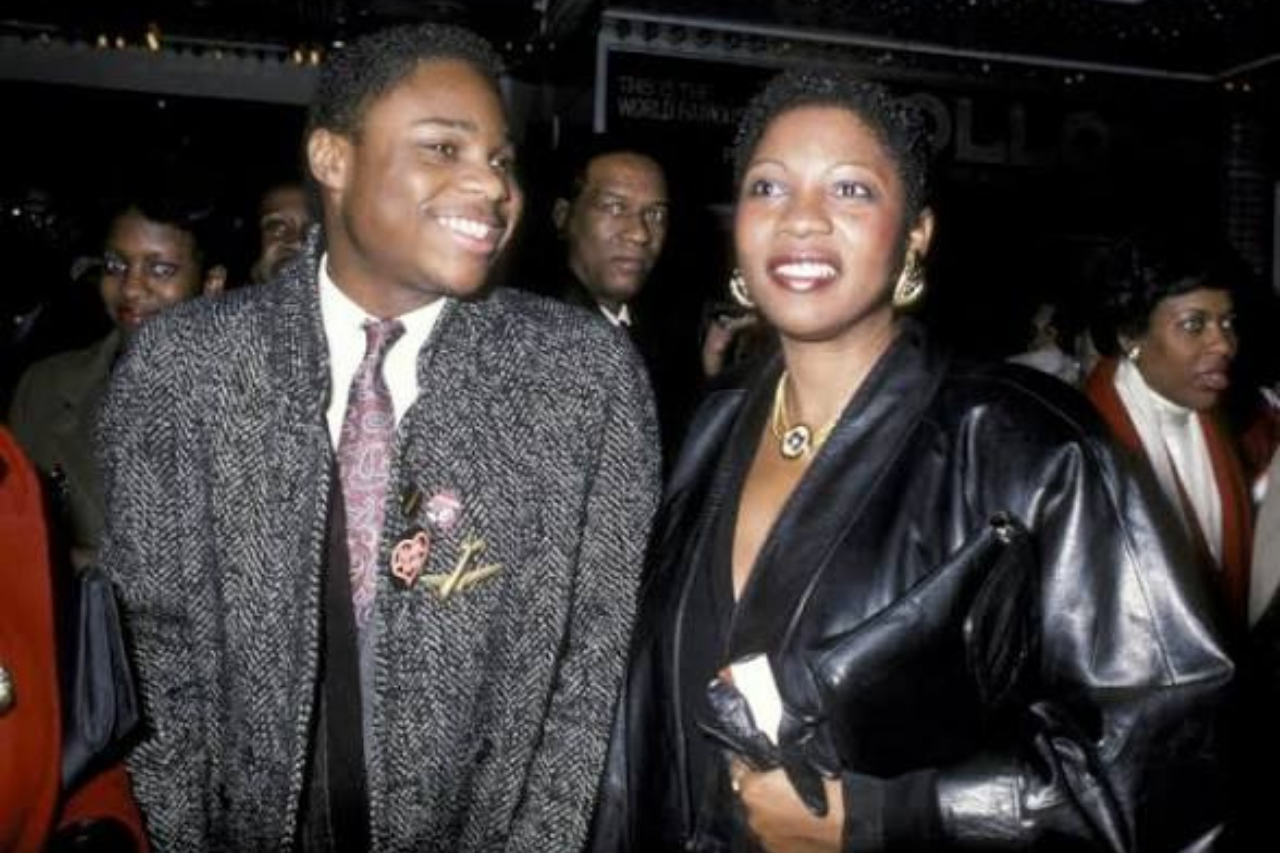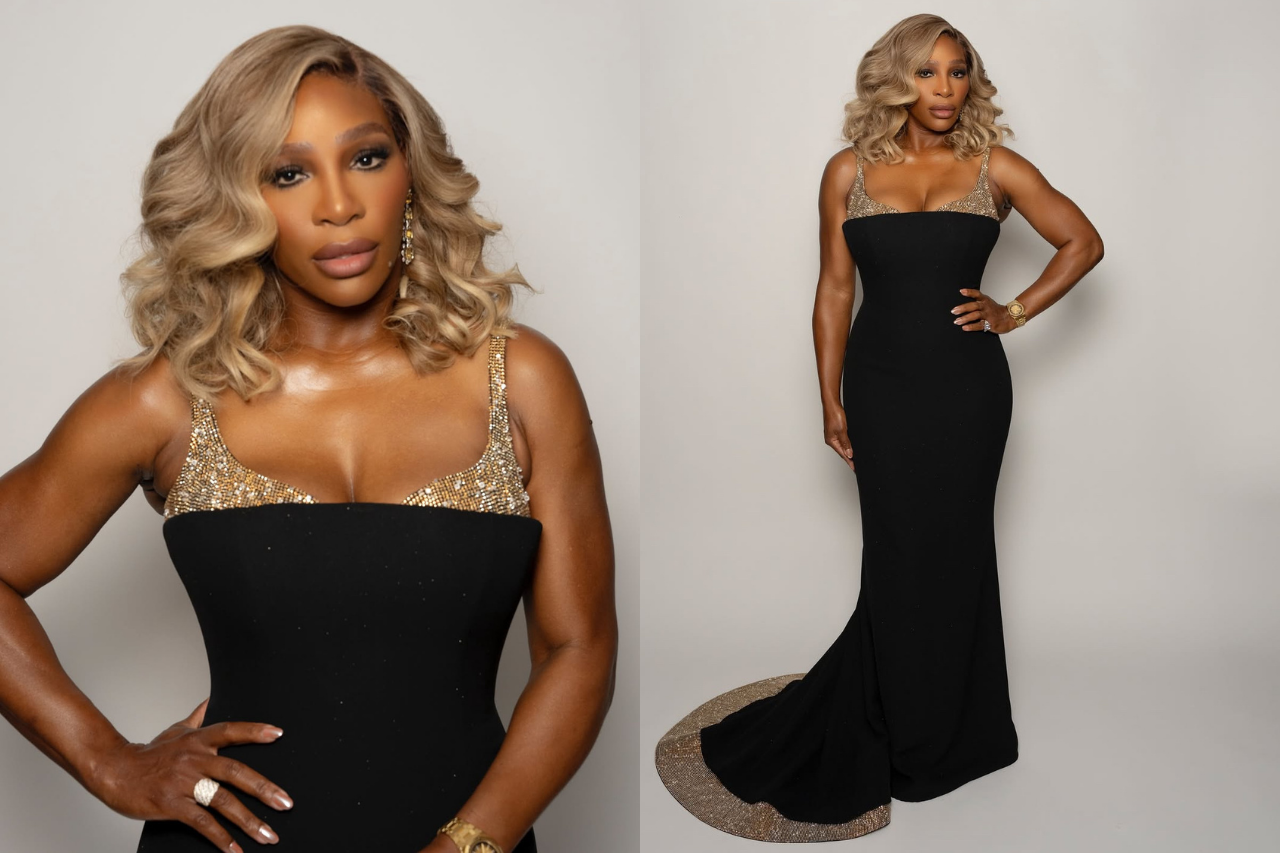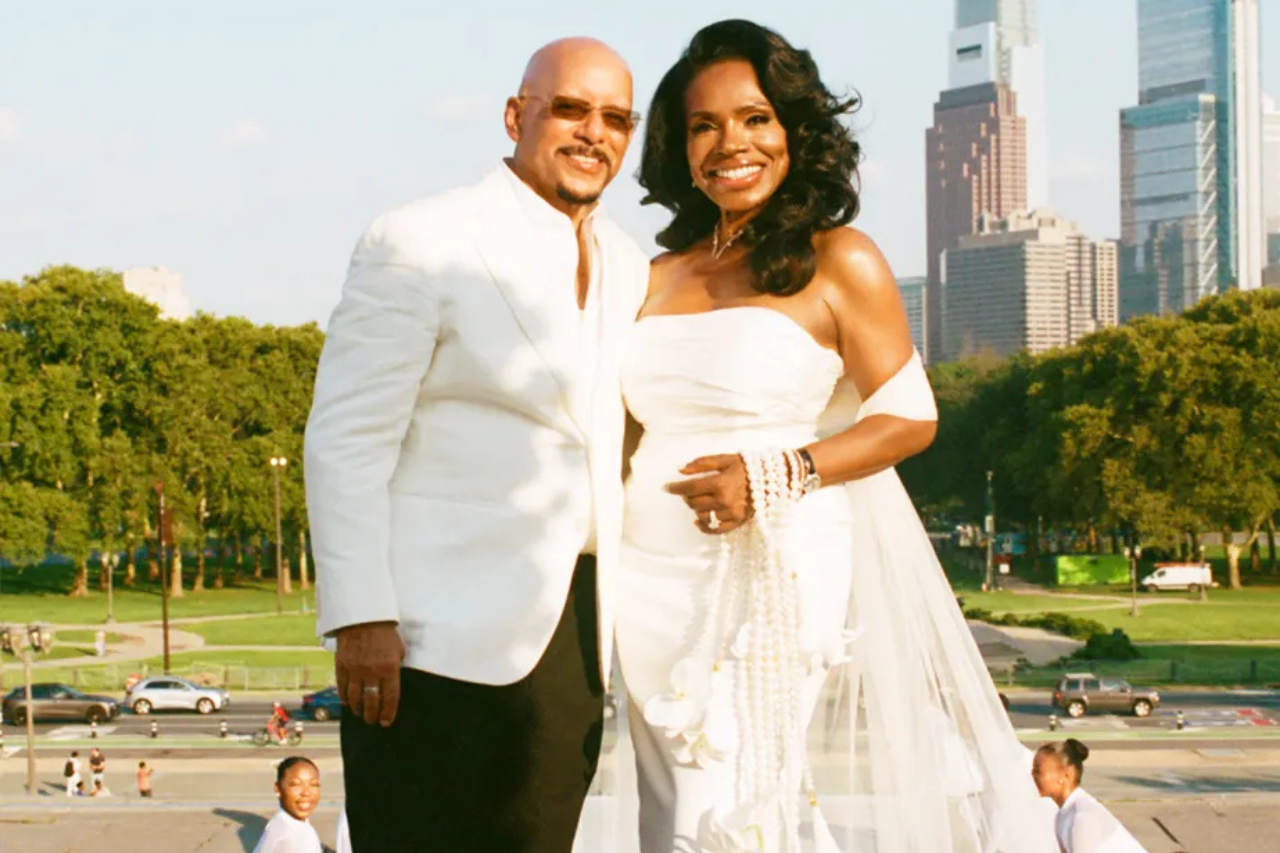“My mother said, ‘Mr. Cosby gave you immortality… ‘ I will be able to leave this Earth knowing, and people knowing, that I was a good person.’”
Malcolm-Jamal Warner died on July 20, 2025, after being swept by a current while swimming in Costa Rica. Today, August 18, would have been his 55th birthday. Instead of a celebration, fans find themselves grappling with a loss that feels curiously intimate. Across social media, people admit they are startled by the weight of their grief. “I don’t know why this hurts so much.” “I can’t explain it, but it feels like family.”
The bewilderment is telling. Warner was not a fixture of scandal, nor a constant tabloid headline. He was steady. And perhaps that steadiness, once gone, is what unsettles so many.
He was only fourteen when he became Theo Huxtable, instantly recognizable in living rooms across the country. Millions of viewers watched him argue with his parents, stumble through schoolwork, and navigate the growing pains of adolescence. These scenes became cultural shorthand. The shirt episode, in which Theo buys a knock-off Gordon Gartrell design, remains a touchstone for how class and taste collide. In another episode, Theo is diagnosed with dyslexia, a revelation that quietly normalized learning differences for families on prime-time television. These stories were more than sitcom plots; they were lessons folded into the daily lives of tens of millions who tuned in each week.
Malcolm-Jamal Warner: By the Numbers
The reach was astonishing. The Cosby Show sat at number one for five consecutive seasons in the 1980s, its audience stretching across demographics and creating bonds that still linger. For Black America, Theo was a rare, nuanced portrayal of teenage life, free of caricature. For broader audiences, he was an introduction to complexity that had long been absent from screens. Warner carried that weight with quiet dignity.
History tells us this could have ended differently. Hollywood’s record with child actors is crowded with cautionary tales, stories of young lives consumed by fame, families undone by money, adults who never escaped typecasting. Warner’s trajectory stood apart. Guided by his mother, Pamela, he avoided the machinery that swallows so many.
He credited filming in New York with keeping him grounded, surrounded by friends outside the industry and teachers who treated him like any other student. The balance allowed him to expand his craft: directing episodes as a teenager, releasing music, writing poetry, and eventually becoming a Grammy winner for “Jesus Children” and a nominee again in 2022 for spoken word.
Malcolm did not surrender his identity to Theo alone. He was a musician, a poet, a director, a husband, a father. He hosted a podcast, Not All Hood, where he explored questions of mental health and identity, further proof that his curiosity and artistry were never confined to a single role. The wholeness of his adult identity was a shield against the industry’s distortions. In an environment that often fragments lives, Warner remained intact.
His steadiness extended to how he handled complicated legacies. He once acknowledged that The Cosby Show’s reputation could not help but be affected by revelations about its star, but he insisted that the ensemble’s work still mattered to the families it touched. That nuance defined him: refusing to let one truth erase another, holding space for both disappointment and pride.
The tributes since his passing echo that balance. Revered actress Angela Bassett called him a man for whom “words fail.” Keshia Knight Pulliam, who played his sister Rudy, called him “big brother,” promising to look after their daughters as if they were cousins. These reflections capture the intimacy of their bond, but also explain why fans feel the loss like kin.
Psychologists call this kind of reaction parasocial grief. We build one-way bonds with the figures we welcome into our homes week after week. When they die, the loss tugs at autobiographical memory. It is not only the celebrity who is gone; it is the version of ourselves who grew up with them. Warner’s death unsettles because he was a keeper of time, a reminder of living rooms in the 1980s, of childhood and adolescence, of a moment when television offered both comfort and aspiration.
There is another reason the grief runs deep. Warner was the exception we trusted. Hollywood has trained audiences to brace for tragic endings when it comes to child stars. Warner defied that script. He aged with grace, created meaningful work, raised a family, and built a career rooted in artistry rather than spectacle. He was proof that survival was possible. Losing him now feels heavier because he carried the reassurance that not all stories end in ruin.

In the weeks since his death, his mother Pamela launched the Malcolm-Jamal Warner Living Legacy account on Instagram. She has promised updates about a tribute later this year or early in 2026, inviting fans to continue sharing the memories that made him matter. In her words, the legacy is not only his but theirs, too.
As the world marks what would have been his 55th birthday, Warner’s absence is felt as both a private and a collective wound. His life reminds us that fame need not destroy, that artistry can coexist with humility, that representation can carry cultural weight without crushing the person who bears it.
Before Theo, Black teenagers on television were often flattened into comic relief or sidelined as props. After him, characters like Junior Johnson on Black-ish or Chris on Everybody Hates Chris could be messy, layered, and loved. Warner helped crack open that door. He showed audiences of all backgrounds that a young Black man could be portrayed with humor and imperfection, but also with dignity and depth.
In an age that prizes spectacle, perhaps the real revolution is stillness. Malcolm-Jamal Warner gave us that. He proved that fame could be carried lightly, that artistry could coexist with humility, that representation could change culture without consuming the person who bore it. On what would have been his 55th birthday, that may be the lesson we need most: that staying human, in the glare of the spotlight, is the rarest gift.
Discover more from MidScroll
Subscribe to get the latest posts sent to your email.



